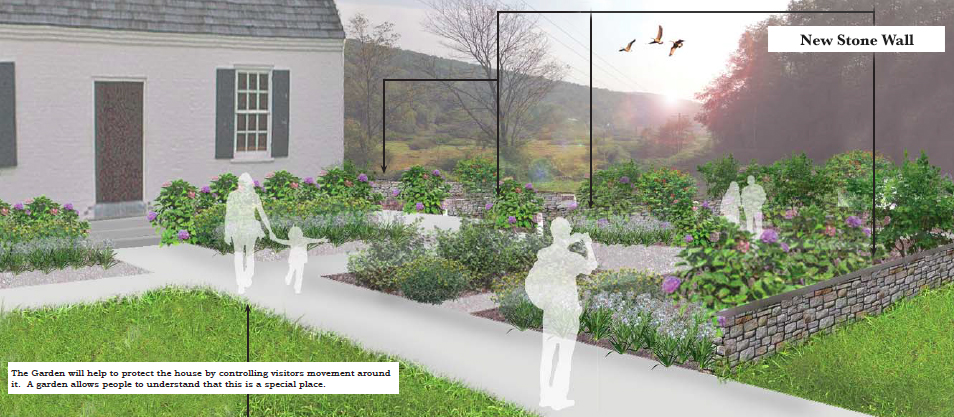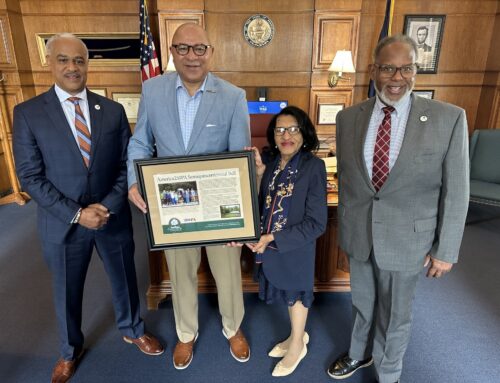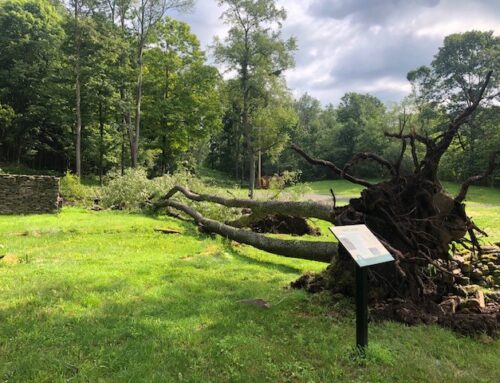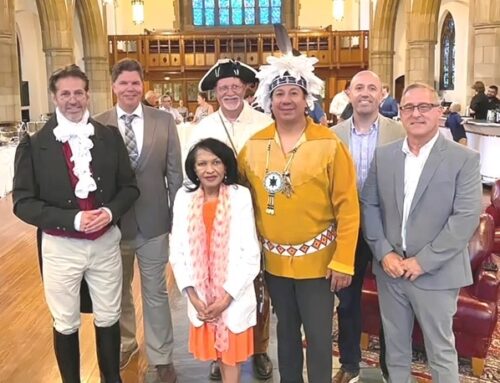Penn State Student’s Independent Study: Dennis Farm
Amanda Clerkin
The Pennsylvania State University
5th Year Landscape Architecture
Spring 2014
In the Fall of 2013, a seminar at The Pennsylvania State University was formed for the students of Landscape Architecture. The seminar focused on the heritage and preservation of rural, more specifically agricultural, landscapes. During the semester an opportunity arose where the students were able to look at an agricultural landscape getting ready to transition into a heritage site. A design charette was done with the students in teams, each coming up with a design for the Dennis Farm Charitable Land Trust. Each team had their own theme that guided their design principles. After visiting the farm, and talking to Denise Dennis about her vision of the future for the farm, final designs were made for different experiences throughout the farm.
Following this, in the Spring of 2014, I decided to look further into the Dennis Farm. However instead of looking at the whole farm, I studied at close detail the new visitors entrance and interpretive center. Together with Professor of Landscape Architecture, Cecilia Rusnak, I was able to design a space that brings the farm into its new future, while embracing its rich past. The focus of my design changed from looking at preservation to understanding what an interpretive landscape is. The goals of the Dennis Farm Charitable Land Trust, is to build an interpretive center and gardens at the entrance of the farm. The project looks specifically at where this new interpretive center should go in relation to the existing landscape features. The focus was in understanding that the visitor first experience of the site introduces them to what is to come.
Before starting any design process, I did research on existing historical sites with visitors centers. I looked at their size and view points in relation to its historical site, what each of them had in common, and if they were considered an interpretive center. I then looked into what interpretive means to a landscape and to the visitors. I found that interpretive means being able to understand the landscape or history in a way that is not through a museum. It can include artwork, and have references to things outside of the farm. For example while artifacts from the farm could be included from a museum, it becomes more interpretive when you add information about the families that lived in New England and moved to Pennsylvania to settle, just as the Dennis Family did.
I have a great personal interest in historical landscapes. And the Dennis farm offered an opportunity to look into how Landscape Architects handle such historic sites. The final design concept came from the idea that the farm has changed over time. At one point stone walls fragmented the land in irregular forms, that where agricultural. However now the farm is a woodland with left over fragments of the once highly cultivated land. These forms of irregular shapes and fragmentation can be seen throughout the design. In the end I not only designed the interpretive center, but also the area around the house, and stream, and entrance road. It was not possible to think of these features separately. They all work together to form an experience that you do not get anywhere else on the farm. The new design enhances views to the house as well as showcasing the story of the Dennis Family through a network of spaces that connect historical landscape features. What follows is the
final product of a semester long study into the Dennis Farm Entrance Gardens and Interpretive Center.
Note: Amanda Clerkin graduated from the Pennsylvania State University, University Park in May 2014.






